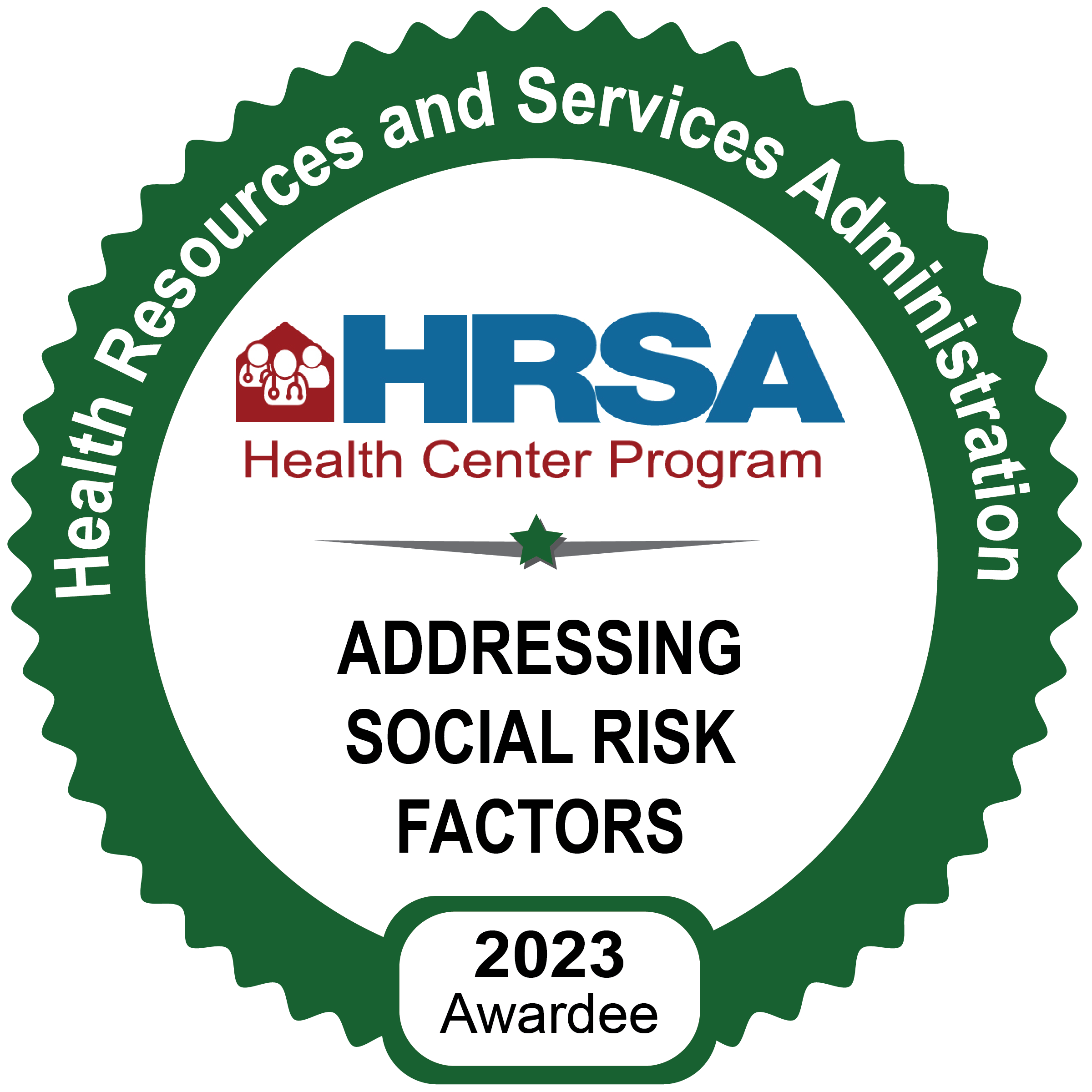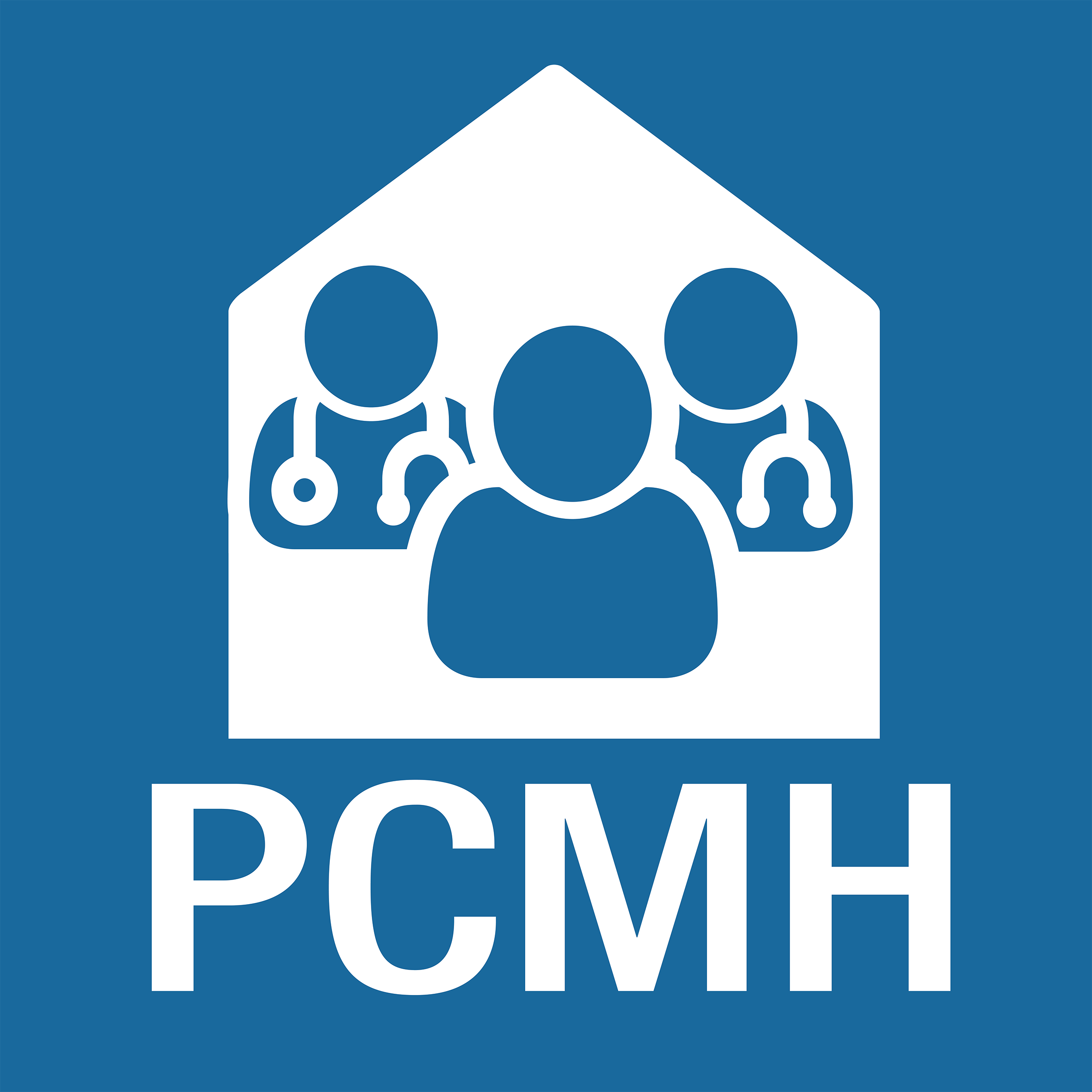 by: Dr. Nancy Panter
by: Dr. Nancy Panter
March is Endometriosis Awareness Month, so our provider, Dr. Nancy Panter, provided this quick introduction into the condition and how it’s diagnosed and treated.
Today, we are talking about endometriosis, a disease of the female genital tract that occurs in women of reproductive age.
In the United States, about one in ten women can have the diagnosis, some with no symptoms and some with debilitating pain or infertility. We know that 50% of the time, the patient has a family history of endometriosis, but no specific gene has been found yet. Lifestyle choices, such as smoking, can make it worse.
When you look at endometriosis under a microscope, it looks similar to the tissue in the uterus called the endometrium. This tissue is the part of the uterus that sheds monthly during a period. Endometriosis is endometrial tissue that is in the wrong place. This tissue can be “sticky” and cause scarring of the tissue of the ovaries, fallopian tubes, and surrounding tissues such as the bladder, bowel, and ureters.
While ultrasound and pelvic exams can help discover this disease, the disease can only be officially diagnosed by surgery such as laparoscopy. We suspect that it grows just like the tissue in the uterus does in a menstrual cycle, so endometriosis can be a top concern when pain occurs during periods. In unusual cases, endometriosis has been diagnosed in women with cyclic nosebleeds and in incision sites from abdominal surgeries and can cause appendicitis.
When we attempt to treat endometriosis medically, we generally use medications that interrupt the cycle, such as birth control pills, IUDs, and Depo-Provera. Medications that suppress the cycle, such as Lupron and Orilissa, are used in severe cases where the patient needs relief while also trying for children.
Surgeries such as laparoscopy are used to diagnose the disease with biopsies, remove scar tissue and restore the anatomy from scarring that might have occurred. If the patient does not want future pregnancies, a hysterectomy can resolve pain symptoms in 90% of cases.
In general, our goal is for women to have regular, tolerable, and predictable periods that do not adversely affect their lives. If you have painful periods, pain with sex, a change in cycles for the worse, or heavy bleeding, please come in for an evaluation. If we can diagnose and treat endometriosis early, we may be able to prevent further damage.
Make an appointment with a Valley-Wide provider by calling 1-855-350-1113. Dr. Panter sees patients at our La Junta Clinic.











